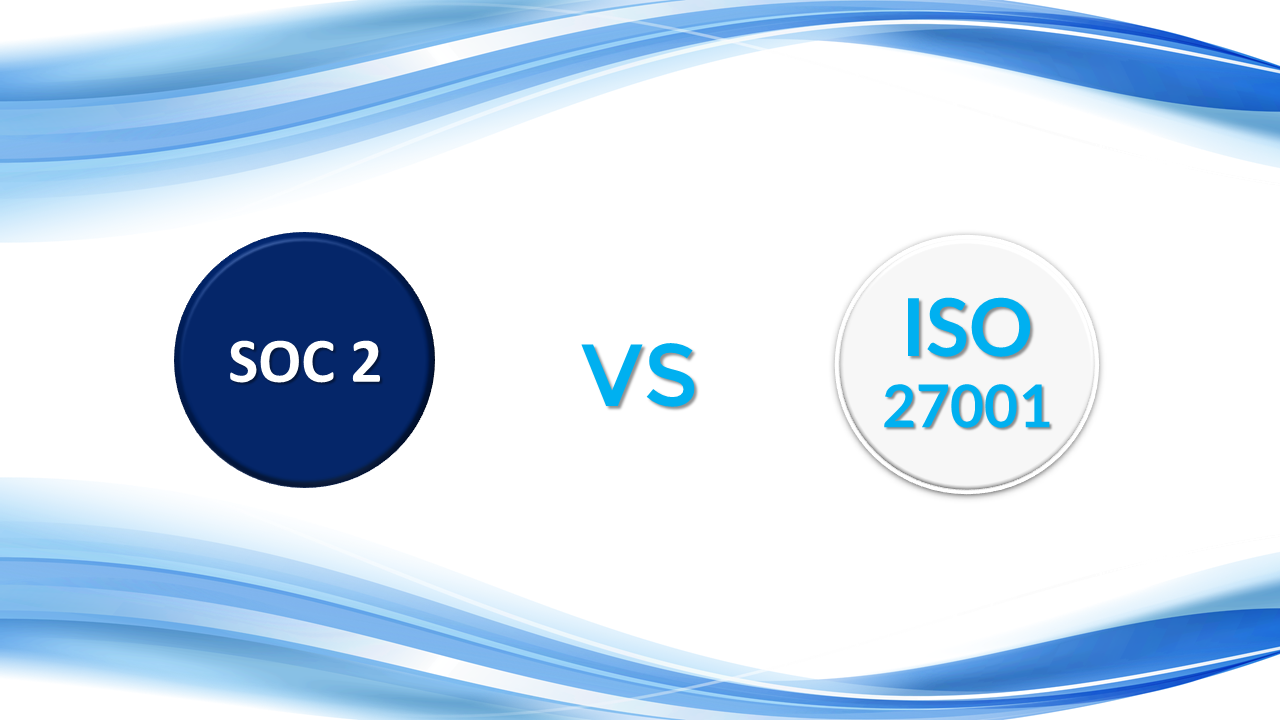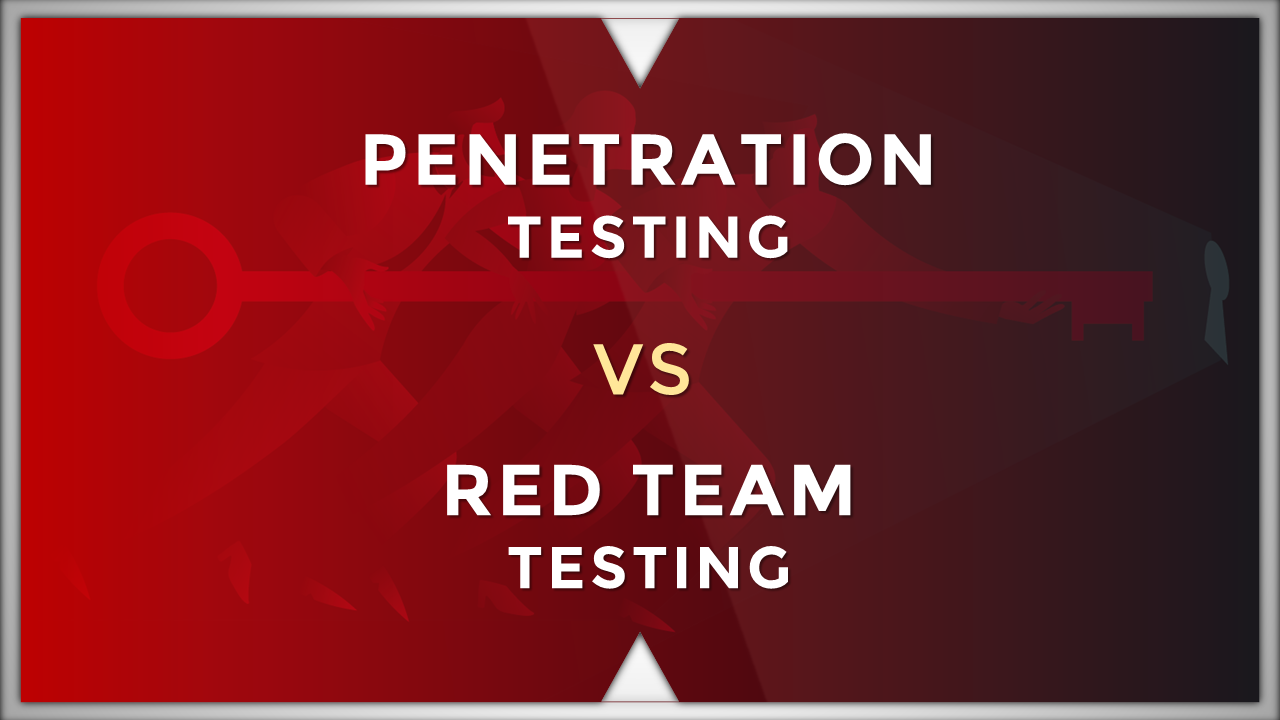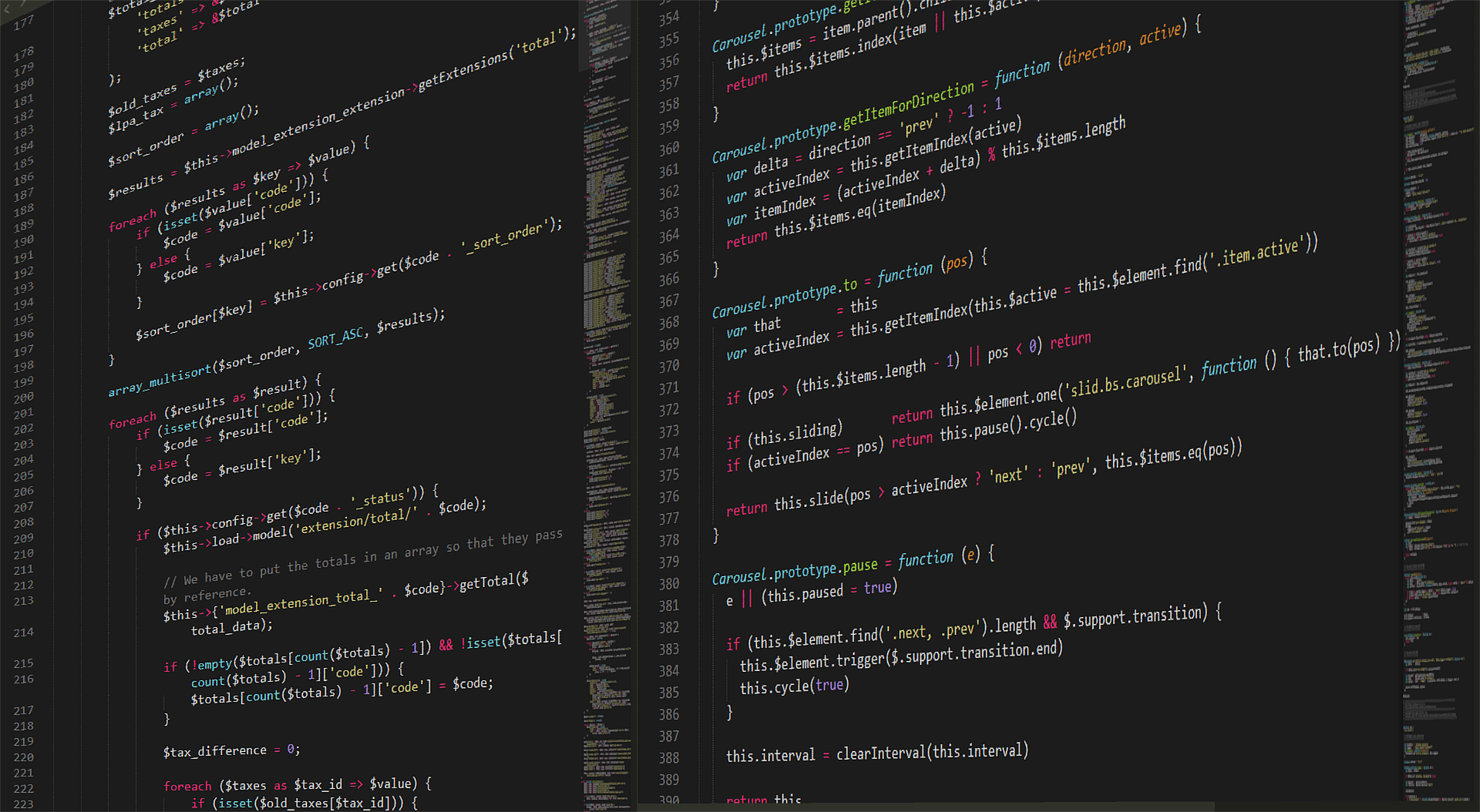Virtual CISO blog Resources Risk Management resources Resouce Type Article Blog Risk Management blog
Maximising Security and Efficiency with CISO-as-a-Service
Many organisations are turning to implementing a CISO-as-a-Service option. The service is not only efficient, [...]
Risk Management blog Virtual CISO blog Resources Risk Management resources Resouce Type Article Blog
Unlocking the Potential: Exploring the Benefits of a vCISO
There is no doubt that the number of qualified and available cyber security experts is [...]
Blog Risk Management blog Virtual CISO blog Resources Risk Management resources Resouce Type Article
Hiring a Virtual CISO Verses a Full Time CISO Comparison
Most of us are aware that there is a huge gap of qualified cyber security [...]
Resources Risk Management resources Resouce Type Article Blog Risk Management blog Data Protection and Privacy blog
PPI Principals of GDPR for Small Businesses: Navigating Data Protection
“So, all we have to do to implement these 11 chapters containing 91 articles in [...]
Data Protection and Privacy blog Resources GRC resources Resouce Type Article Blog Risk Management blog
3 Triggers for Conducting a DPIA
Here’s a funny thing – recital 84 of the EU’s GDPR legislation states “…where processing [...]
Blog Risk Management blog Data Protection and Privacy blog
Personal Data Deletion Done the Right Way
Are you managing personal data deletion correctly under the DPA and GDPR? Does everyone in [...]
Risk Management blog Data Protection and Privacy blog Blog
Data Protection Officer Questions – Answered by a DPO
There are many questions about why a Data Protection Officer (DPO) is needed and what [...]
Blog Risk Management blog Data Protection and Privacy blog
Data Protection by Design and Default Explained
Previously known as ‘privacy by design’, “data protection by design and default” has always been [...]
Blog Resouce Type Article Risk Management blog Data Protection and Privacy blog Resources GRC resources
When Must You Complete a Data Protection Impact Assessment?
Data protection impact assessments (DPIAs) are a legal requirement for GDPR, to ensure people’s private [...]
Blog Risk Management blog Supply Chain Risk Management blog
MOVEit Attack – Security Tool Vendors Have Failed Us… AGAIN!
2023 MOVEit Cyber Attack to Affect the Masses Yet again, here’s a prime example of [...]
Resouce Type Article Blog Risk Management blog Supply Chain Risk Management blog Resources
Cyber Security Supply Chain Challenges in the Agrifood Sector
Guest Contributor: Benjamin Turner, Former Chief Operating Officer, Agrimetrics Shortly after Russia’s invasion of Ukraine, [...]
Supply Chain Risk Management blog Resources Risk Management resources Resouce Type Article Blog Risk Management blog
Supply Chain Cyber Attacks & How to Prevent Them
“There has been a 742% average annual increase in software supply chain attacks over the [...]
Blog Risk Management blog Supply Chain Risk Management blog Resources Resouce Type Article
Cyber Supply Chain Risk Management – Should Penetration Testing be Required?
Let us begin by describing how to approach Cyber Supply Chain Risk Management (C-SCRM) and [...]
Awareness Training blog Resources Risk Management resources Resouce Type Article Blog Risk Management blog
Get WFH Cyber Security at the Forefront of Staff’s Minds
Is your staff is staying resilient with protecting company information assets whilst Working from Home? [...]
Blog Risk Management blog Awareness Training blog
What’s a Mature Security Awareness Programme?
Good news. Bad news. The bad news is that cyber security threats to businesses are [...]
Resources Risk Management resources Resouce Type Article Blog Risk Management blog Malware and Ransomware blog
How a Ransomware Readiness Assessment Can Help Your Business Stay Safe
Ransomware is a type of malware that encrypts files and then seeks payment in exchange [...]
Risk Management blog Malware and Ransomware blog Resources Risk Management resources Resouce Type Article Blog
What is Ransomware? Four Examples You Should Know About
By now we all know the effect a Ransomware attack can have on an organisation. [...]
Blog Risk Management blog Malware and Ransomware blog Resources Risk Management resources Resouce Type Article
How to Outsmart the DarkSide Ransomware Group
The DarkSide Ransomware Group is one of the many gangs that continue to rebrand themselves [...]
Article Blog Risk Management blog Information and Cyber Security blog Resources Resouce Type
How Do You Conduct an Information Security Risk Assessment?
Information security risk assessments are crucial for any businesses that deal with any sensitive information [...]
Risk Management blog Information and Cyber Security blog Resources Resouce Type Article Blog
SaaS Security 101: Essential Strategies for Businesses
Software companies have naturally embraced the cloud. It provides countless benefits for their clients, ranging [...]
Blog Risk Management blog Information and Cyber Security blog
As a nation, are we cyber security aware?
In the following blog post, we are going to shine a spotlight on the general [...]
Blog Risk Management blog Incident Management blog Resources Resouce Type Article
How to Submit a Data Breach Breach Compensation Claim
What is a Data Breach Claim? “Someone stole my personal information and I want something [...]
Blog Risk Management blog Incident Management blog
How to Respond When Data Breaches Hit the Fan
Not many companies anticipate being the focal point of a significant data breach incident. However, [...]















































































